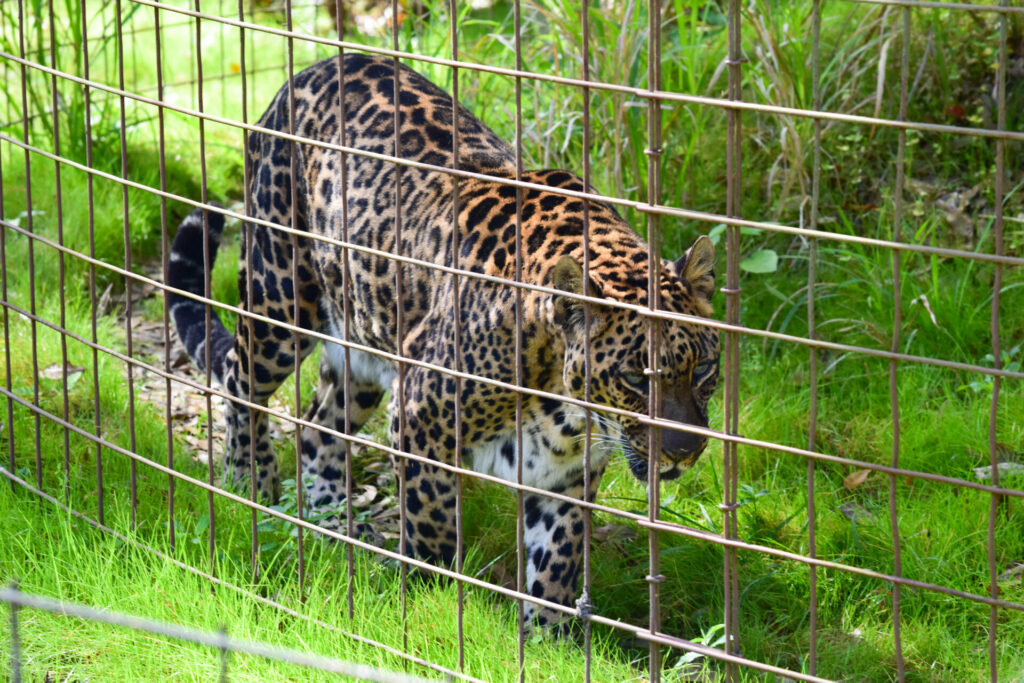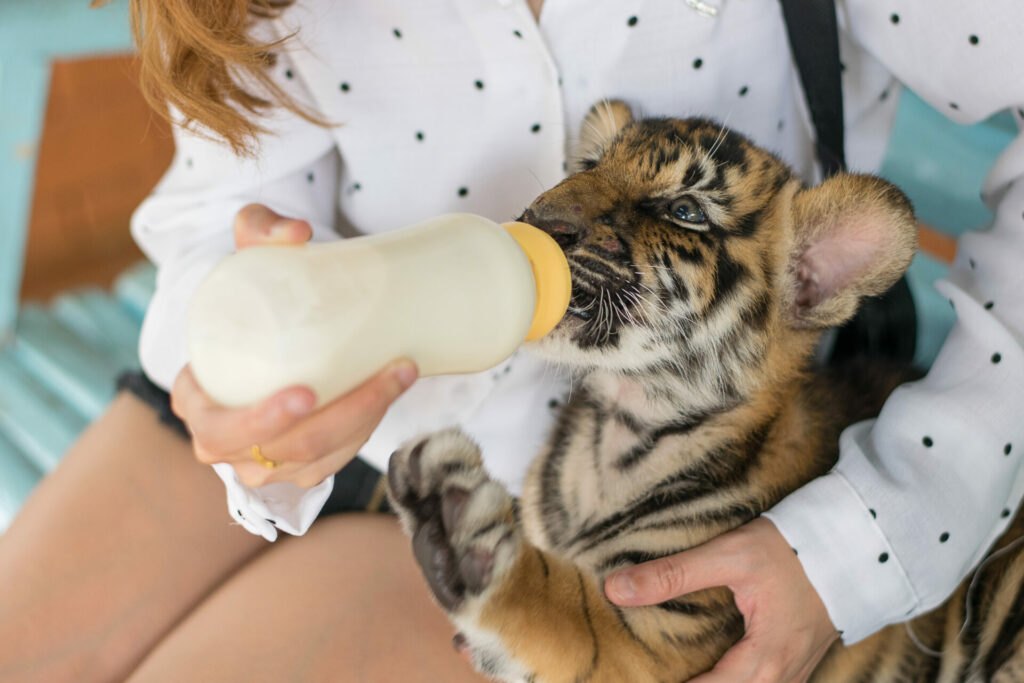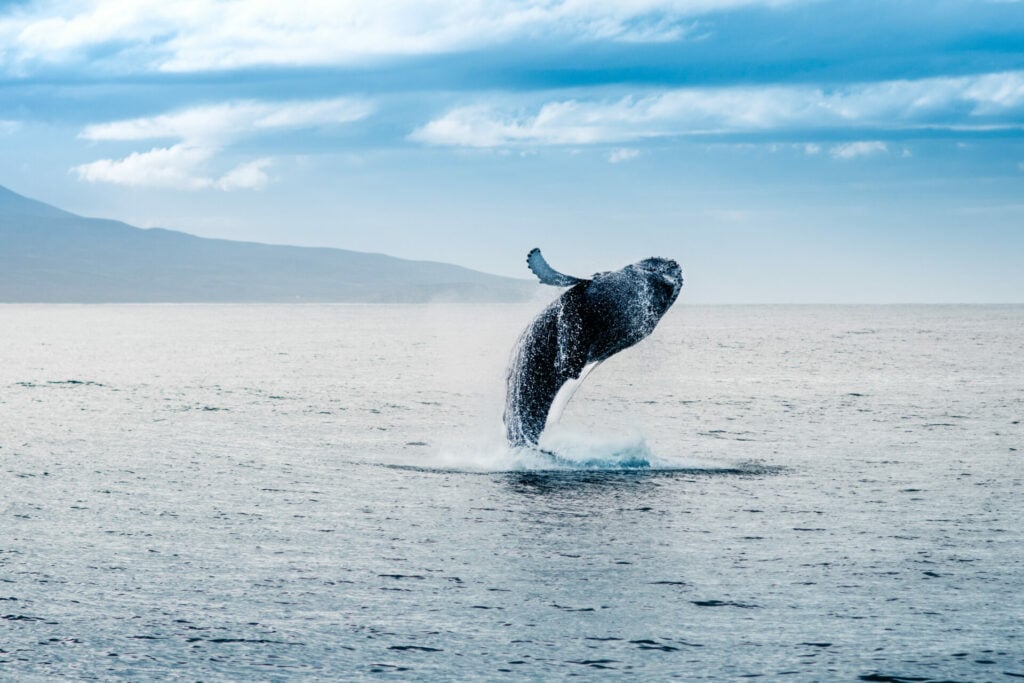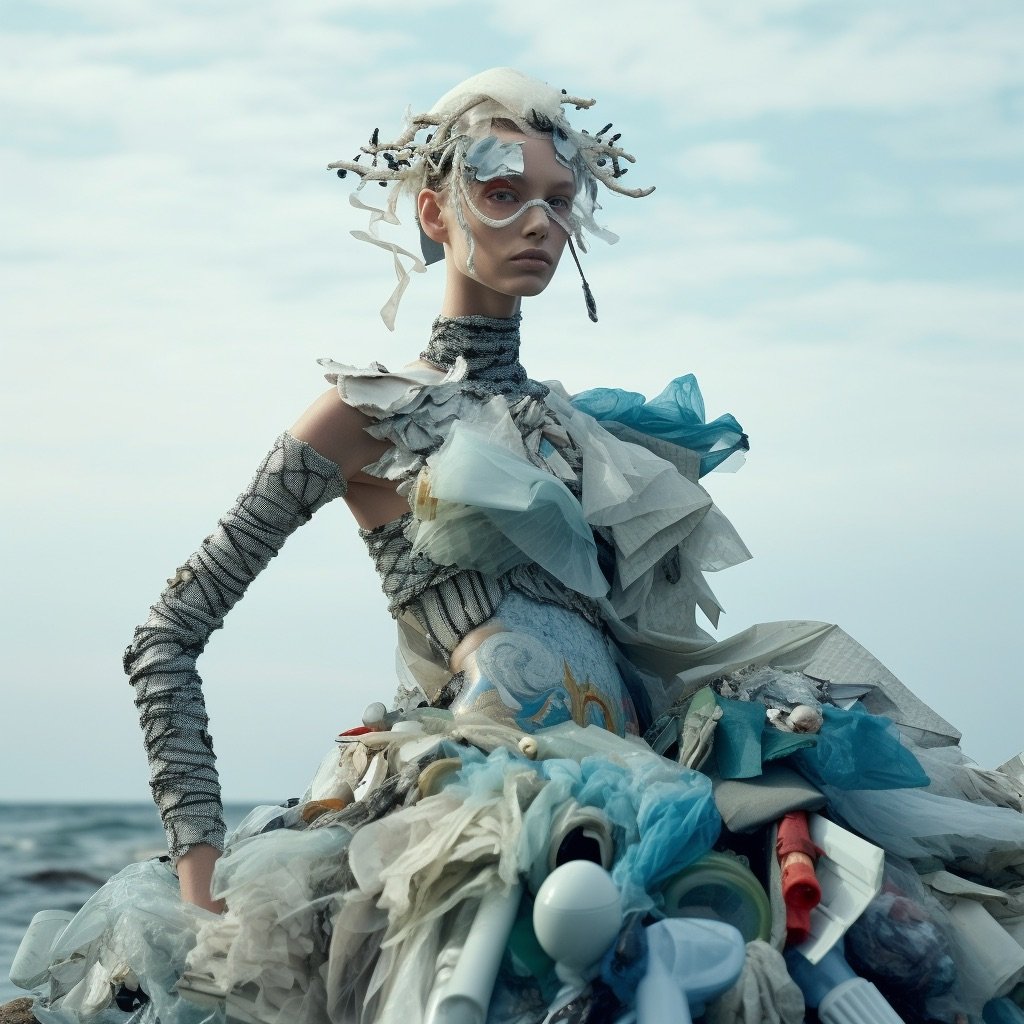The wildlife exploitation industry highlighted by the Netflix documentary series ‘Tiger King’ will soon be illegal, following new US legislation banning the breeding of big cats as pets.
The Big Cat Public Safety Act—which applies to lions, tigers, leopards, cheetahs, jaguars, and cougars —was passed by the Senate and now just needs to be signed by President Joe Biden, in order to become law.
It prohibits the practice of cub petting and any new breeding of big cats for private possession. It also makes it illegal for members of the public to have close contact with the animals, such as taking selfies while bottle-feeding cubs.
However licensed zoos, sanctuaries, and institutions with big cats may continue to operate, and can still exhibit their animals – but may not offer the public any hands-on experiences.
Private owners of big cats may also keep their animals, but no further breeding will be allowed, and they cannot obtain any more.

The Humane Society of the United States estimates that around 4,500 captive big cats in the country are held in small roadside zoos, with an unknown number, possibly running into thousands, kept as pets, often in squalid conditions.
Only an estimated 4,000 tigers remain in the wild today.
Big Cats on Netlix
The TV series followed Joe Exotic, the gun-toting operator of an Oklahoma big cat park. accused of hiring assassins to murder his chief rival, Carole Baskin, an animal activist who runs her own wildlife sanctuary.
In 2019, Exotic – real name Joseph Allen Maldonado-Passage – was convicted and sentenced to 22 years in prison on 17 federal charges of animal abuse and two counts of attempted murder for hire for the plot to kill Baskin. The sentenced was reduced by one year on appeal earlier this year.
Kate Dylewsky, senior policy advisor for government affairs at the Animal Welfare Institute, called it sensationalist and said it ‘should have focused on the suffering of the animals’.
But, she added, it raised public awareness about animal welfare issues in the cub-petting industry and was ‘ultimately a beneficial factor for getting the bill across the finish line’.

Campaigners say the big cat owners ruthlessly exploit the animals.
‘It’s common practice to use cubs for photo-ops until they are too large to hold,” said Sara Amundson, president of the Humane Society Legislative Fund. ‘They are then dumped or sold, which simply perpetuates the cycle’.
Since 1990, more than 400 dangerous incidents have occurred involving captive big cats, according to the Humane Society of the United States.
In other cases discarded animals may be smuggled into the black market and killed for their body parts, perpetuating demand for products such as tiger bone wine and so-called medicines.
The Born Free Foundation welcomed the US move, but called for other countries, especially the UK, to act on the issue.
Chris Lewis, its Captivity Research Officer, said: ‘With countries across the world adopting progressive legislation when it comes to restricting wild animal ownership, the UK continues to languish behind, reliant on legislation which is almost 50-years-old and unable to keep up with the modern day.
‘The government frequently acknowledges the UK is a nation of animal lovers. It is time legislation reflected that.’













